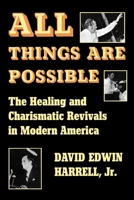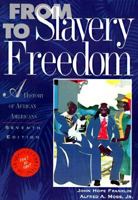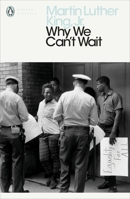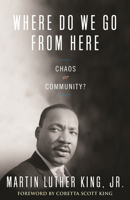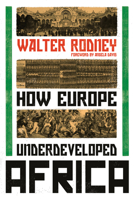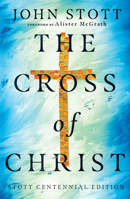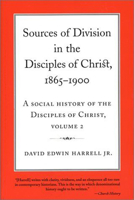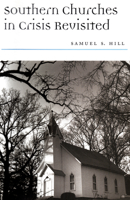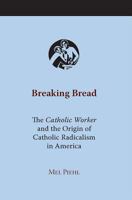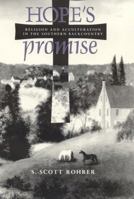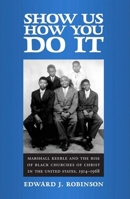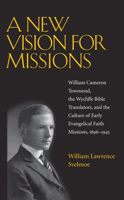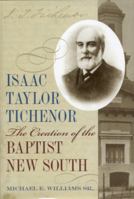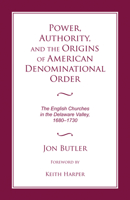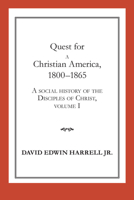Wrestlin' Jacob: A Portrait of Religion in the Old South
(Part of the Religion and American Culture Series)
Select Format
Select Condition 
You Might Also Enjoy
Book Overview
An important introduction to the efforts of whites to evangelize African Americans in the antebellum South First published in 1979, Wrestlin' Jacob offers important insights into the intersection of black and white religious history in the South. Erskine Clarke provides two arenas--one urban and one rural--that show what happened when white ministers tried to bring black slaves into the fold of Christianity. Clarke illustrates how the good intentions--and...
Related Subjects
19th Century African-American Studies Christian Books & Bibles Church History Discrimination & Racism History Modern (16th-21st Centuries) Other Religions, Practices & Sacred Texts Politics & Social Sciences Race Relations Religion Religion & Spirituality Religious Studies Slavery & Emancipation Social Science Social Sciences Specific Demographics State & Local WorldCustomer Reviews
Rated 4 starsGood Intentions- Vain Illusions
Wrestlin' Jacob: A Portrait of Religion in Antebellum Georgia and the Carolina Low Country. By Clarke, Erskine. First published in 1979, Wrestlin' Jacob offers important insights into the intersection of black and white religious history in the South. Erskine Clarke provides two arenas -- one urban and one rural -- that show what happened when white ministers tried to bring black slaves into the fold of Christianity...
0Report













